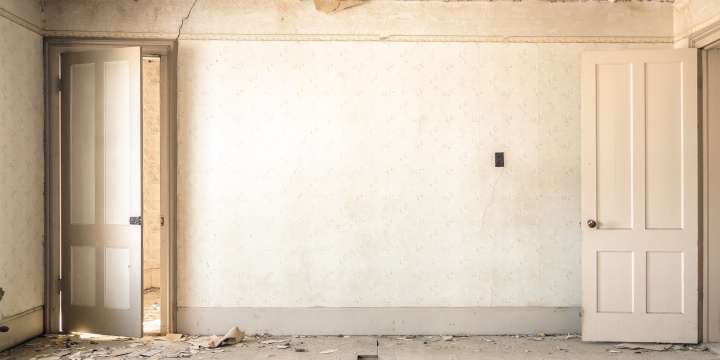
UpSocial’s first experience in a European Commission’s programme left important learnings with it, not only related to the home renovation field but to all our fields of action.
Test, then scale
Sustainable home renovation plays a central role in the energy transition: according to the Euroepan Commission, three quarters of the buildings need to be renovated in order to achieve efficiency. Foreseeing the scale potential of existing solutions in this field, EuroPACE aimed for a standardized implementation process based on a pilot project in Olot, a city located in the Spanish region of la Garrtxa. The result was HolaDomus, a home renovation commercial project that has mobilized €1.87 M for projects funding, saved 169 tCO2 and created 34 jobs.
After the pilot experience, the program has been adopted in the Basque Country and is being developed on the Balearic Islands as part of the EU project Regenerate. Furthermore, the model served as an inspiration for HolaDomus Barcelona, as well as other European projects such as Save the Homes, FITHOME and HIROSS4all.
Prioritizing vulnerability situations
In the frame of this project, UpSocial developed and implemented the Energy Poverty Pilot Project (EPPP) in order to analyze the model’s capacity to incentivize energy efficiency retrofitting in energy-poor households. Simultaneously, the EPPP intended to assess the impact on variables such as comfort, health, and expenditure. The complexity of requirements for accessing the call might have acted as a barrier, leading to low participation among this population group. That is why the project learnings cannot be extrapolated to the energy poverty field. Therefore, future initiatives will need to provide formulas for the prioritization of participants facing this situation.
Institutional change is born out of collaboration, but cooked on a low heat
One of the elements that needed to be adapted after initial project design is on-tax financing. The EuroPACE entrepreneur team, made up of eight multidisciplinary members from four different countries, carried out an important analysis and political incidence task. With the goal of driving a legislative change enabling municipal on-tax financing, the partners reached out to several institutions. Despite the large potential to solve one of the bottlenecks facing the renovation market, the impossibility to achieve this legal change needed to be mitigated with several alternative incentives to promote renovation.
EuroPACE’s own journey reminds us that institutional change is driven by perseverance. Being its seed planted in an UpSocial’s project in 2015, the project only catalysed after multiple meetings and presentations. We know that institutional change does not occur without experimentation, evidence and mobilisation of key stakeholders.
The project has come a long way in all these aspects, laying the groundwork for future initiatives to contribute to the much-needed energy transition.